Are you psyched to come to Houston and envision the “Museum of Tomorrow?” I hope so, and to help you build this future CFM is offering an all-day forecasting workshop on Sunday, May 22, 2011 at the AAM annual meeting. It’s based on the hugely popular working session we presented last year in partnership with California Association of Museums, which got rave reviews from invited participants (and generated this guide to the future of California and its museums).
This intense (and intensely fun) day is a crash course in integrating forecasting into your strategic planning. The content’s been buffed and polished with feedback from last year’s forecasters, and the session is open to all. But you have to register, so if you’re filling out your Early Bird Registration (deadline February 18, folks) check off the workshop and join us for a fabulous day of forecasting and scenario-building. If you’ve already registered, you can add this event by going to the sessions & events page, select “add events” and add the Forecasting the Future of Museums: A How-to Workshop. If you have any questions or problems about your registration, email us at registration@aam-us.org.
Encomiums from attendees at last year’s session:
• “Fantastic program, we’re already using some of these ideas and methods in our work.”
• “Thank you for making this opportunity available! It is so key and such a terrific way to be more strategic in our planning/action AND connect with our broader community.”
• “I have not learned so much in one day in a great while and appreciate your efforts in this area.”
Need more details? Here is the official description of the workshop:
Skip over related stories to continue reading articleMuseums’ traditional methods of planning are not suited to the rapid pace of change in the 21st century. In order to respond effectively to trends in the political, cultural, technological, environmental and economic landscape, museums must adopt new methods of preparing for the future. This one-day workshop will provide museum practitioners with a basic introduction to futures studies and the techniques of forecasting
Why is foresight important? Without someone playing the important role of futurist, we risk being mired in the present. Our planning is often focused on short term challenges and immediate needs. We have a tendency, when looking at only a short time frame, to defend old assumptions and choose narrow measures of success. We tinker with the edges of what we already do well rather than risking innovation. It’s all too easy, when faced with the need to change, to become paralyzed by fear, uncertainty, doubt and outright denial.
Futures-thinking breaks through this logjam by freeing peoples’ imaginations. It fosters a start-up mindset where anything is possible, people are willing to question assumptions, think broadly of how to measure success, discover or create new needs and try lots of things, fast, knowing that many of them will fail.
Professional futurists Garry Golden, Director of Strategic Foresight at Oliver Kaizen and Dr. Peter Bishop, Director of the Future Studies Program at the University of Houston will join CFM’s founding director Elizabeth Merritt to lead participants in a series of exercises on:
• Identifying and monitoring change, tracking the flow of trends, events and emerging issues
• Imagining different futures and testing new assumptions through forecasting and scenario building
• Communicating and responding to change
Building on the forecasting presented in the CFM reports “Museums & Society 2034: Trends and Potential Futures” and “Demographic Transformation and the Future of Museums,” participants will create their own visions of the “preferred future” and take home tools to integrate this vision into their organizational planning.

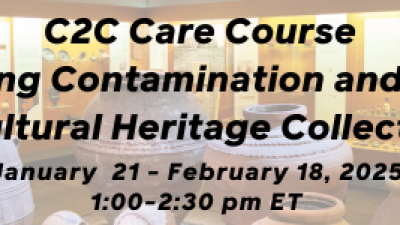
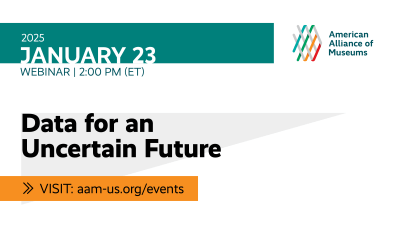
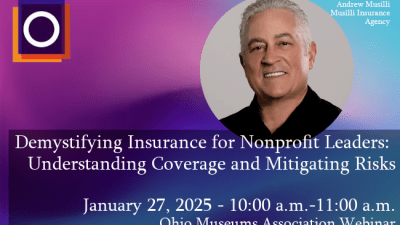
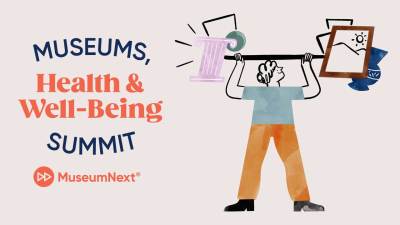
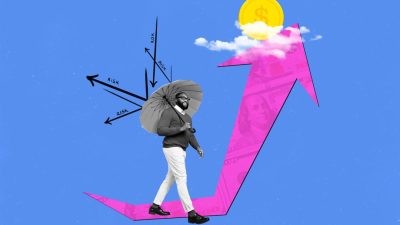
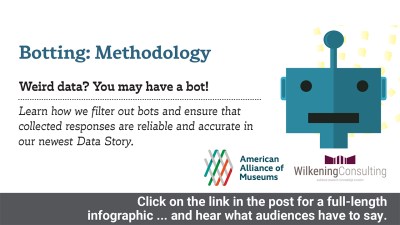

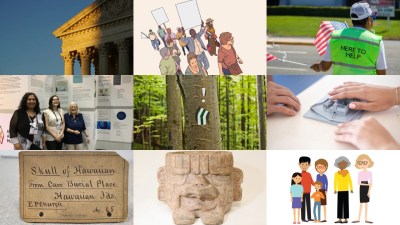
Comments